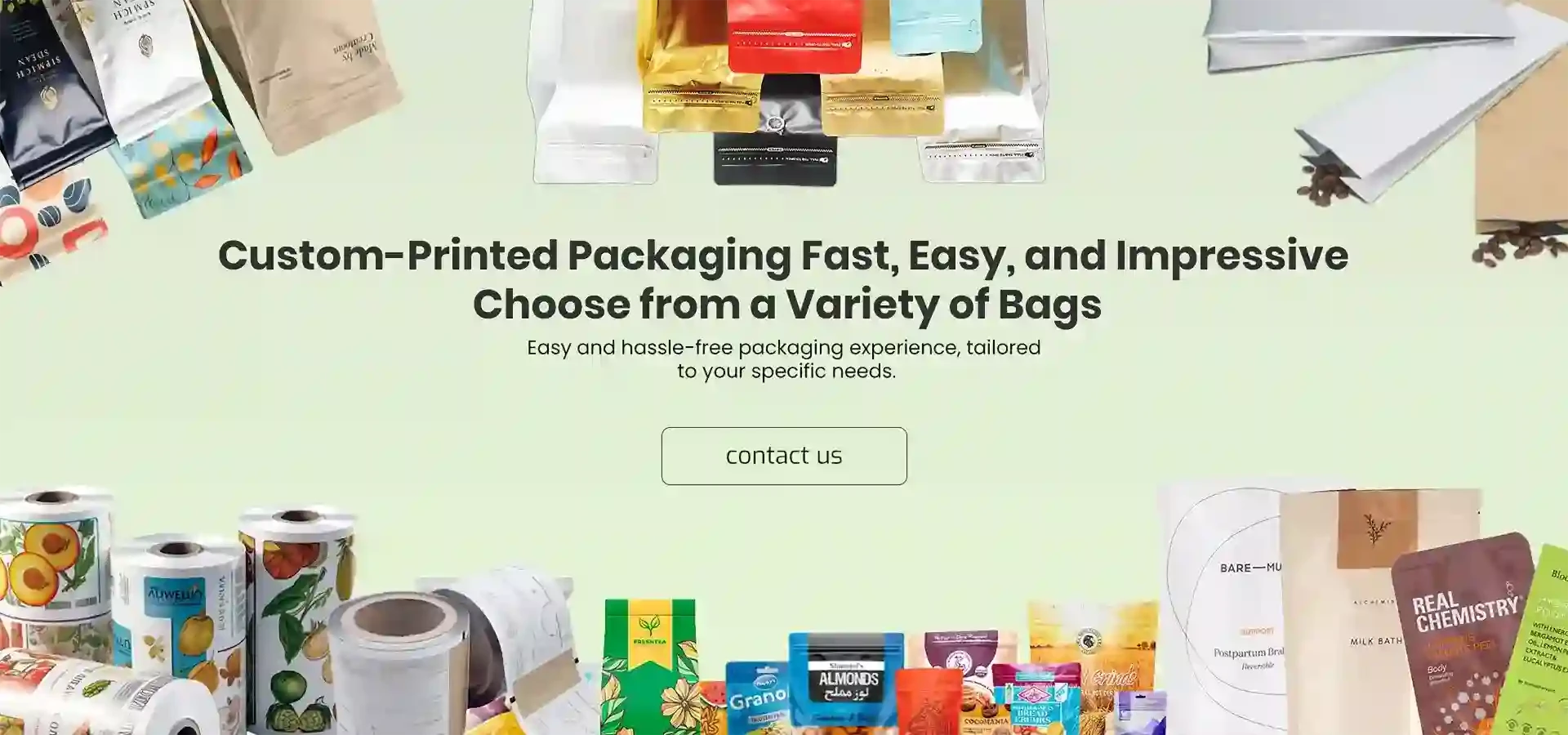- Afrikaans
- Albanian
- Amharic
- Arabic
- Armenian
- Azerbaijani
- Basque
- Belarusian
- Bengali
- Bosnian
- Bulgarian
- Catalan
- Cebuano
- chinese_simplified
- chinese_traditional
- Corsican
- Croatian
- Czech
- Danish
- Dutch
- English
- Esperanto
- Estonian
- Finnish
- French
- Frisian
- Galician
- Georgian
- German
- Greek
- Gujarati
- haitian_creole
- hausa
- hawaiian
- Hebrew
- Hindi
- Miao
- Hungarian
- Icelandic
- igbo
- Indonesian
- irish
- Italian
- Japanese
- Javanese
- Kannada
- kazakh
- Khmer
- Rwandese
- Korean
- Kurdish
- Kyrgyz
- Lao
- Latin
- Latvian
- Lithuanian
- Luxembourgish
- Macedonian
- Malgashi
- Malay
- Malayalam
- Maltese
- Maori
- Marathi
- Mongolian
- Myanmar
- Nepali
- Norwegian
- Norwegian
- Occitan
- Pashto
- Persian
- Polish
- Portuguese
- Punjabi
- Romanian
- Russian
- Samoan
- scottish-gaelic
- Serbian
- Sesotho
- Shona
- Sindhi
- Sinhala
- Slovak
- Slovenian
- Somali
- Spanish
- Sundanese
- Swahili
- Swedish
- Tagalog
- Tajik
- Tamil
- Tatar
- Telugu
- Thai
- Turkish
- Turkmen
- Ukrainian
- Urdu
- Uighur
- Uzbek
- Vietnamese
- Welsh
- Bantu
- Yiddish
- Yoruba
- Zulu
oackaging
The Significance of Packaging in Modern Marketing
In the contemporary business landscape, packaging has evolved far beyond its primary function of protecting products. It now plays a crucial role in marketing and branding, significantly influencing consumer behavior and preferences. Effective packaging not only ensures the safety and integrity of goods but also serves as a powerful communication tool that conveys brand identity, sustainability efforts, and emotional connection.
The Role of Packaging in Brand Identity
Packaging is often the first point of contact between a brand and its customers. Well-designed packaging can differentiate a product from its competitors and create a lasting impression. For instance, luxury brands invest heavily in elegant and sophisticated packaging that reflects their premium nature, whereas eco-friendly brands focus on minimalistic designs that highlight their commitment to sustainability. Brand colors, logos, and typography all contribute to the visual identity that consumers associate with a product. In a crowded marketplace, distinctive packaging can capture attention, spark curiosity, and ultimately influence purchasing decisions.
Emotional Connection through Design
Beyond functionality and aesthetics, packaging can evoke emotions and tell a story. Storytelling is pivotal in creating an emotional connection with consumers, and packaging is a canvas for this narrative. For example, brands often use packaging to share their origin story, production methods, or social causes they support. This transparency fosters trust and loyalty among customers who value authenticity. Limited-edition packaging and collaborations with artists or designers can also create exclusivity, encouraging consumers to purchase products not just for their utility but as collectibles or statements.
Sustainability and Ethical Considerations
oackaging

In recent years, there has been a significant shift towards sustainable packaging. As consumers become more environmentally conscious, brands are under increasing pressure to adopt eco-friendly practices. Sustainable packaging involves using recyclable, biodegradable, or reusable materials to reduce waste and minimize environmental impact. Companies like Unilever and Coca-Cola have made significant strides in this area, aiming to make all their packaging recyclable or reusable by 2025. Adopting sustainable packaging not only appeals to eco-conscious consumers but also enhances a brand's reputation, demonstrating corporate social responsibility and commitment to a healthier planet.
The Impact of Technology
Advancements in technology have also transformed the packaging landscape. Smart packaging features, such as QR codes and augmented reality elements, allow brands to engage consumers in interactive and informative ways. By scanning a code, consumers can access additional content, such as usage instructions, recipes, or the product’s sustainability credentials. This enhances the customer experience and increases brand engagement, making packaging a dynamic part of the marketing strategy.
Regulations and Compliance
Another important aspect of packaging is compliance with regulatory requirements. Various industries have specific guidelines regarding labeling, safety, and materials used in packaging. For instance, food and beverage packaging must clearly display nutritional information, allergens, and expiration dates. Ensuring compliance not only protects consumers but also shields companies from potential legal issues. Brands must stay informed about regulations in the markets they operate in to maintain credibility and trust.
Conclusion
In conclusion, packaging is a multifaceted element that plays an integral role in modern marketing strategies. It serves as a crucial touchpoint in brand identity, emotional engagement, sustainability initiatives, technological integration, and regulatory compliance. Businesses that recognize and leverage the importance of packaging can create a competitive advantage, enhance customer loyalty, and drive sales. As consumer expectations continue to evolve, brands must remain innovative in their packaging approaches, adopting new trends while staying true to their core values. Ultimately, the packaging speaks volumes about a brand's commitment to quality, sustainability, and consumer engagement, making it an essential component of any successful marketing strategy.













